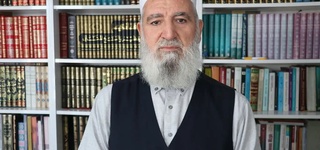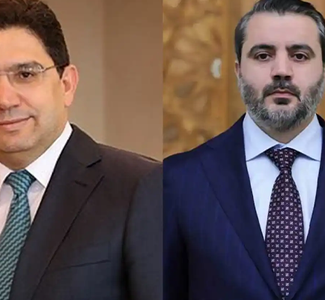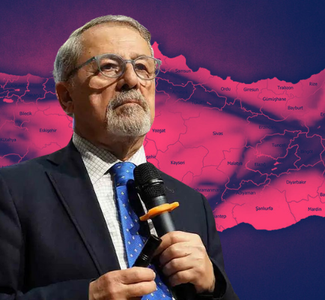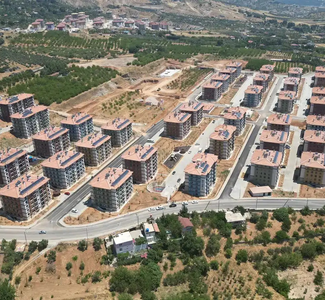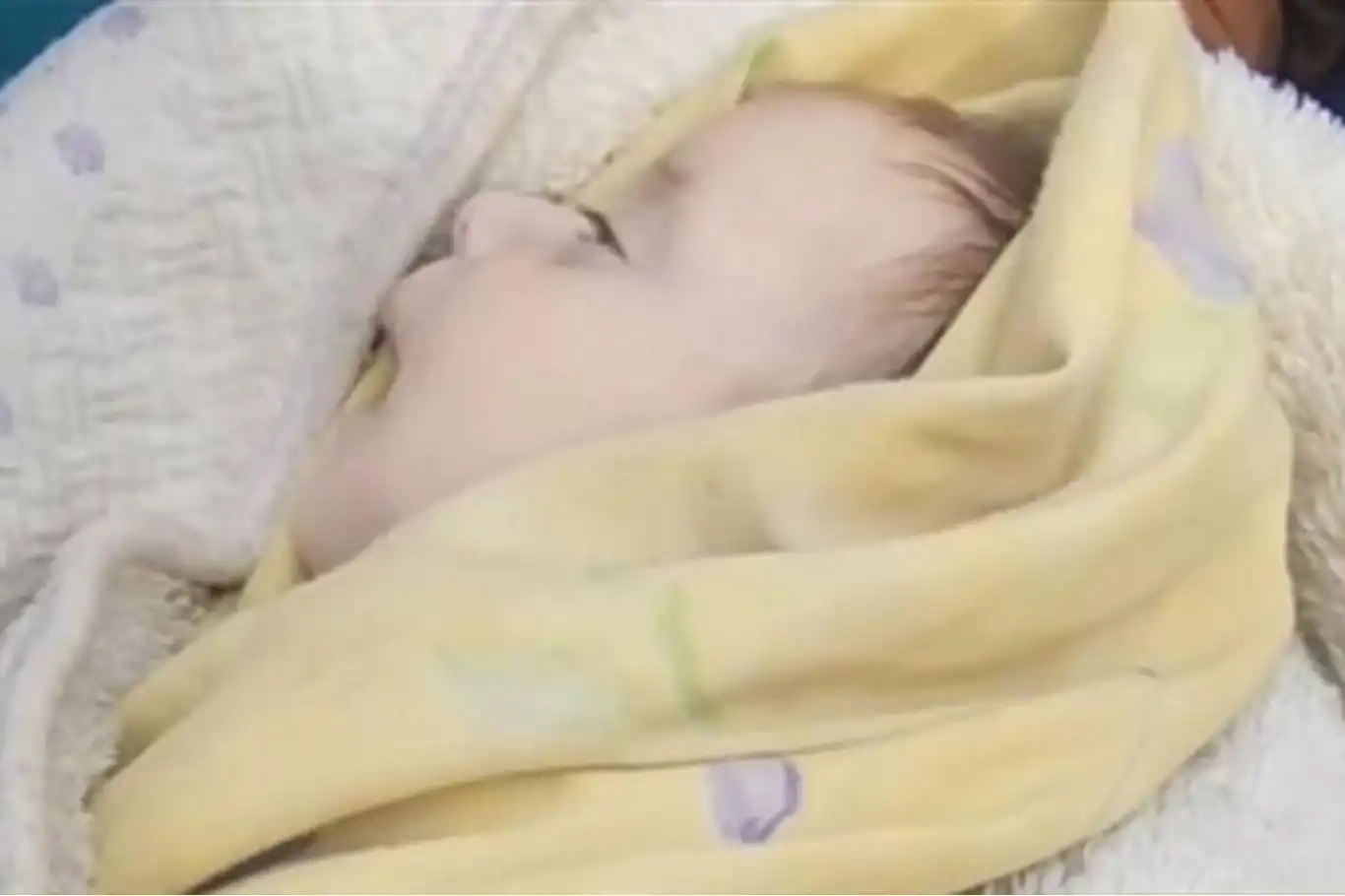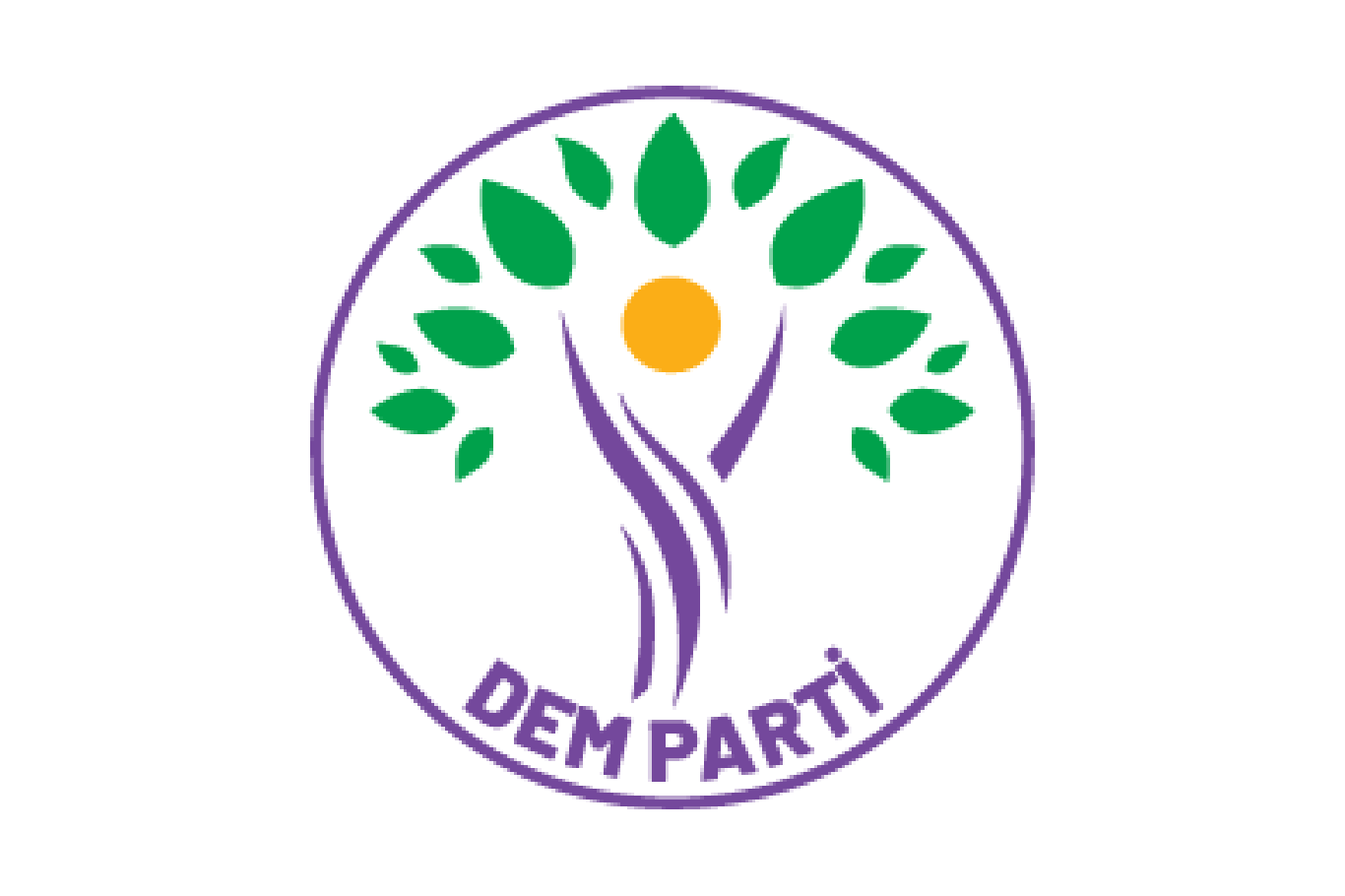HÜDA PAR Chairman Yapıcıoğlu: Tax burden on low-income citizens widens income inequality
Zekeriya Yapıcıoğlu, the Chairman of HÜDA PAR (Free Cause Party), voiced his concern over the heavy tax burden on low-income citizens, which exacerbates income inequality.

 Google News'te Doğruhaber'e abone olun.
Google News'te Doğruhaber'e abone olun. During a televised interview, he analyzed recent economic fluctuations in Türkiye and shed light on the challenges faced by disadvantaged individuals.
Yapıcıoğlu emphasized the belatedness of implementing austerity measures and stressed the importance of achieving savings in public institutions to maintain a balanced budget. He explained that an unbalanced budget leads to constant borrowing, resulting in a portion of the country’s income being paid as interest to lenders.
“Consequently, essential needs suffer from decreased budget allocations,” Yapıcıoğlu noted.
He underscored the significance of a balanced budget and suggested reducing expenses as a primary step when facing extraordinary situations like earthquakes or wars. Increasing income can also be achieved through various means, including borrowing and raising taxes, although he advised minimizing borrowing whenever possible.
Yapıcıoğlu warned against imposing excessive taxes on lower-income citizens, as it could further widen income inequality. He pointed out that the current support provided to people with disabilities, orphans, widows, and those with low incomes is inadequate. These individuals are reliant on support funded by taxes, mainly paid by low-income individuals.
Yapıcıoğlu highlighted the impact of high indirect taxes, with the share of indirect taxes in total revenue reaching an average of 60-70% since 1985 when Value Added Tax (VAT) was introduced in Turkey. Even a simple pen's price includes taxes, illustrating the burden on consumers.
Another issue addressed was the definition of the minimum wage, which considers only the worker's expenses and while excludes the expenses of their family. Yapıcıoğlu expressed concern about unjustified price increases made by shopkeepers.
Regarding the economic system, Yapıcıoğlu criticized its reliance on interest economy and how it perpetuates wealth disparity.
“Despite attempts to lower interest rates, foreign exchange rates continue to rise, benefiting the wealthy,” he emphasized.
He observed a consistent pattern where high earners pay less tax relative to their income, while low earners bear a heavier tax burden. “This dynamic perpetuates the wealth gap, leaving the poor earning meager wages.”
Yapıcıoğlu suggested that the system's solution of encouraging all family members to work contradicts laws prohibiting child labor. Additionally, he pointed out that while some segments profit significantly during the economic crisis, others struggle to make ends meet. (ILKHA)






























